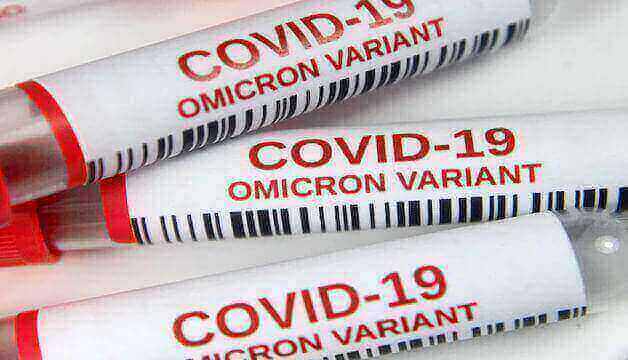Pakistan has reported the first case of the highly mutated Omicron variant of the coronavirus, the Sindh Ministry of Health has confirmed.
A 65-year-old patient who was brought to the Aga Khan University Hospital (AKU) in Karachi for further treatment was reportedly diagnosed with the Omicron strain, which was first detected in Africa. From the south about two weeks ago.
In an official statement, the Meher Khurshid Provincial Health Ministry’s media coordinator said the patient had not been vaccinated against the coronavirus and was not showing any symptoms of the virus infection.
The AKU hospital management released the patient after the necessary treatment and ordered her to isolate herself at home.
Meher added that the patient claimed to have come to Pakistan from abroad, a claim that is being verified by her family and the relevant authorities. Since the patient was not vaccinated, it is very unlikely that she traveled to Pakistan as unvaccinated or partial travelers have nowhere to fly.
On the flip side, credible media has confirmed that he has no travel history. The woman in Pakistan was thus infected with the Omicron variant and the most severely mutated COVID-19 strain to date has been circulating in the country.
Meanwhile, the provincial health department has started tracking, testing, and quarantining all of its close contacts in an effort to curb transmission of the Omicron strain, Meher said.
So far, two close contacts of the 65-year-old patient have been diagnosed with COVID-19, but they do not have the Omicron variant. Both patients were admitted to the AKU hospital for further treatment.
Also Read: The Omicron Variant Found In Europe A Week Before South Africa Reported It
Meanwhile, on the recommendation of the Eastern District District Health Commissioner (DHO), the Karachi Eastern District Deputy Commissioner (DC) ordered a smart micro-lock to be put in place in and around the home of the woman and her relatives’ contacts.
Meher called on the masses to take precautionary measures, such as wearing face masks in public and washing or disinfecting their hands frequently, in order to avoid infection with the new variant.
He also urged partially vaccinated or unvaccinated citizens and those eligible for booster vaccines to get vaccinated against the coronavirus at the nearest mass vaccination centers (MVC) as soon as possible.
Also Read: Studies Suggest That The Pfizer Vaccine Against Omicron Is Only Partially Effective

